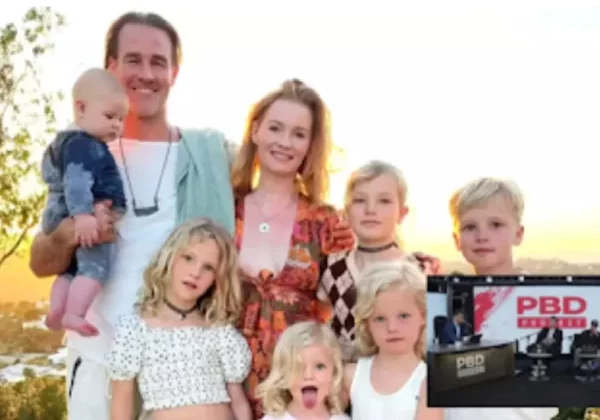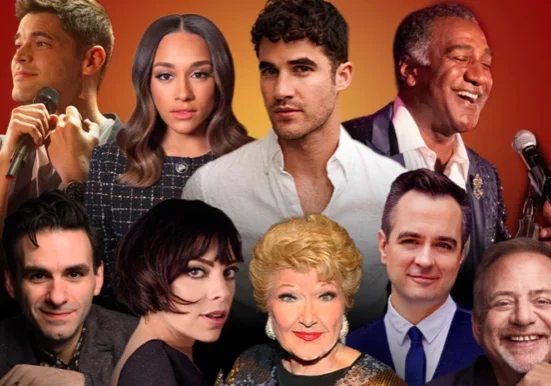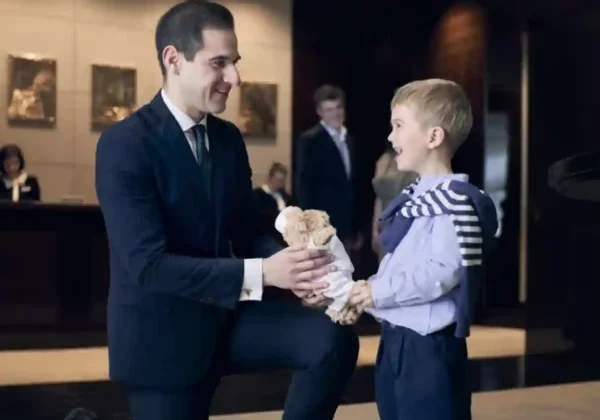Taylor Swift Secures Ownership of First Six Albums

SHARE
In a move that has reshaped the conversation around music ownership, Taylor Swift has officially reclaimed the master recordings of her first six studio albums. The acquisition marks the end of a six-year journey that began when Swift’s former label, Big Machine Records, was sold in 2019 to music executive Scooter Braun.
The sale included the masters to her early catalog, which she had not been given the opportunity to buy herself. Now, after a calculated campaign of re-recordings and a final purchase from private equity firm Shamrock Capital, Swift owns both the original and re-recorded versions of the albums that launched her global career.
From 2006’s Taylor Swift to 2017’s Reputation, these six albums are more than chart-toppers — they represent over a decade of creative work that shaped pop culture. Swift’s response to losing control of her masters was to re-record each album under the “Taylor’s Version” brand.
These re-recordings — including Fearless (Taylor’s Version), Red (Taylor’s Version), Speak Now (Taylor’s Version), and 1989 (Taylor’s Version) — were critically acclaimed and commercially successful. Fans embraced the project, streaming the new versions in place of the originals and turning the re-release campaign into a global phenomenon.
But Swift didn’t stop there. Reports confirmed on May 30, 2025, that she successfully purchased the original masters from Shamrock Capital, which had acquired them from Braun in 2020. The exact financial details remain undisclosed, though the value of the catalog is estimated to be between $300 and $360 million. What’s clear, however, is that Swift now holds full creative and commercial control over the music that built her legacy.
This victory allows her to independently manage licensing, distribution, and royalties for her early work. More importantly, it solidifies her authority over how her music is used across platforms — from streaming services to film and advertising.
The impact of Swift’s journey extends far beyond her own discography. It has brought the issue of master ownership into the spotlight, especially for emerging artists who often sign away rights early in their careers.
By taking an artist-first approach and using her platform to raise awareness, Swift has helped reshape industry norms. Contracts are evolving, and more artists are now fighting for master ownership or seeking alternative deals that preserve their rights.
The ripple effects are visible. Other musicians — from established acts like Ashanti to bands like Cartel — have followed suit, re-recording older material to gain control. Legal professionals note that record labels are already adjusting their contracts to extend re-recording restrictions, evidence of Swift’s direct influence on industry practices.
As fans await Reputation (Taylor’s Version) — the final anticipated release in her re-recording saga — Swift’s mission appears complete. She now owns the full circle of her artistic identity, from creation to control. In doing so, she’s set a new standard not just for herself, but for the industry at large.
*Cover Photo/Thumbnail Photo from Taylor Swift’s Instagram Account
RELATED ARTICLES

James Van Der Beek’s Last Words: Worthy of God’s Love

Our Pledge to You: Optimal comfort, Convenience, and Flexibility

STREAMING! Darren Criss, Ariana DeBose, Jeremy Jordan, & more at the 54 Below Gala

Experience London From Isaac’s Perspective








